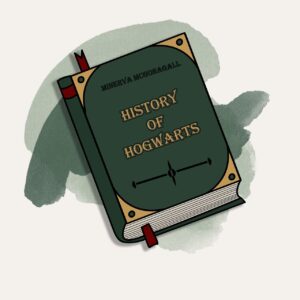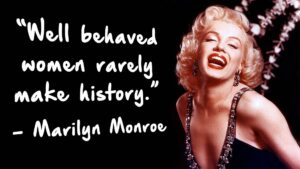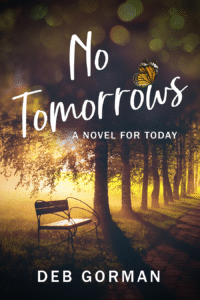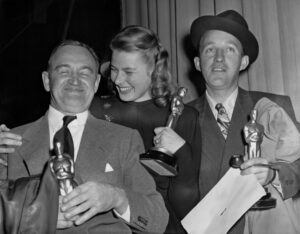Authors are a curious species. By that, I mean we’re curious about the world around us, not that we’re weird! Ahem!
This is a link to a really cool site that will make you curiouser and curiouser. https://www.rd.com/list/weird-facts/

Image by LeeoMax from Pixabay
Did you know that Donald Duck’s legal name is Donald Fauntleroy Duck? True story. (From Wikipedia)

And Walt Disney was the first voice of Mickey Mouse? And Mickey was the first non-human Oscar winner.
Or, how about this—Dorothy in the Wizard of Oz was originally a blonde, but the powers that were thought it made her look not so much like a Kansas farm girl.
All true.
But, here’s the one I really like, because I’m one of those height-challenged folks.
People are taller in the morning than they are at night. Really!

Courtesy of https://ar.inspiredpencil.com
“When you wake up in the morning, you’re about one centimeter taller. That’s because at night when you’re lying down, the spine stretches and decompresses. But throughout the day, the soft cartilage between your bones gets squashed and compressed…”
So, at least in the mornings I can claim to be tall . . . cool!
TKZers . . . what weird, random fact can you share with us this morning? And how will you write it into the story you’re working on?























